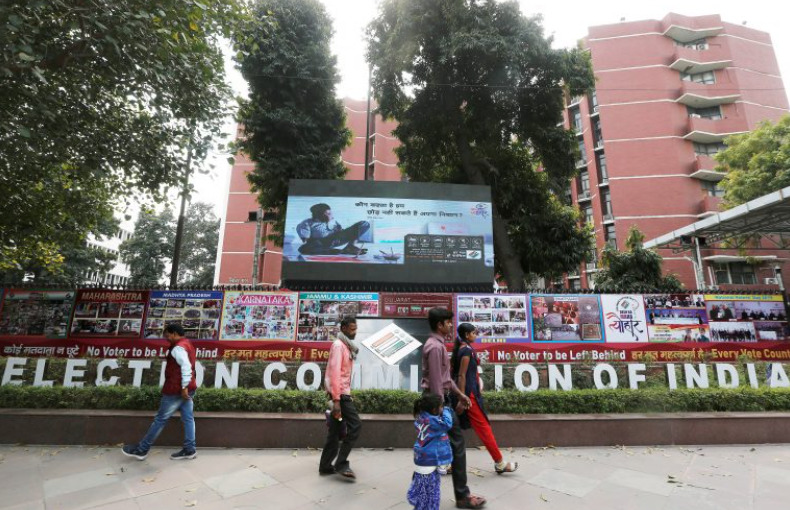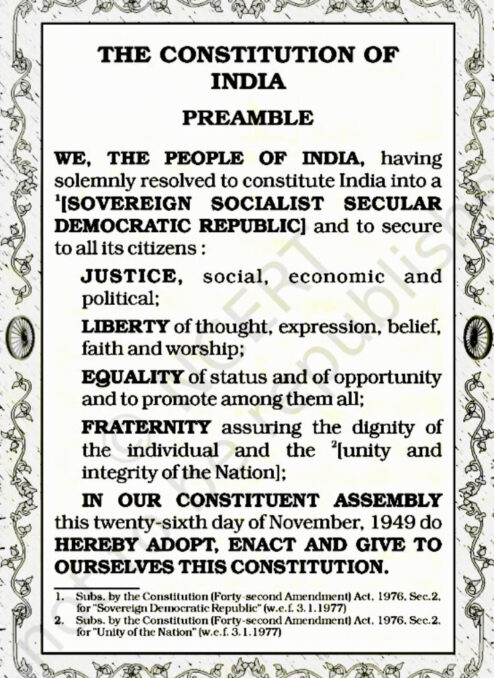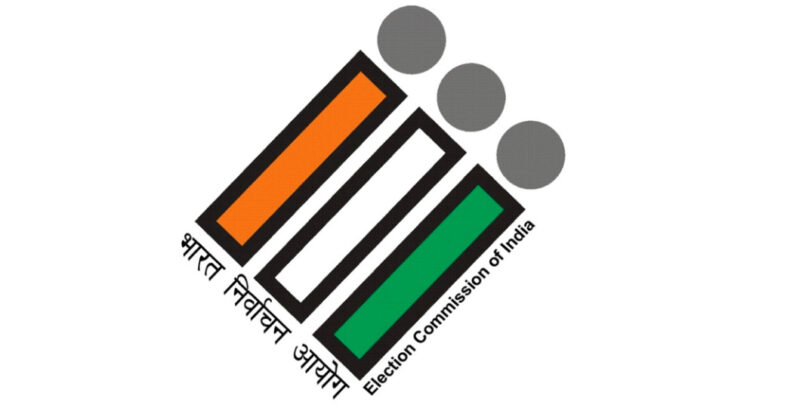The impact of proposed changes on India’s elections, and how will the new bill accommodate EC’s independence?
Table of Contents
In the heart of India’s democratic machinery lies a challenge that threatens the very essence of the nation’s governance. Democracy, an integral part of the basic structure of the Indian Constitution, stands as a beacon of hope and governance in the world’s largest democracy. Within this intricate framework, the Election Commission of India (ECI) plays a pivotal role, ensuring the sanctity of free and fair elections—a cornerstone of democracy.
India’s democracy, enshrined in its Constitution, is more than just a system of governance; it’s a way of life. It represents the collective will of over a billion people, and its foundation is rooted in the principles of equality, equity, impartiality, and independence. It’s a testament to the nation’s commitment to democratic values and ideals.

What the Proposed Bill Says
However, the core of India’s democracy is facing an unprecedented challenge. The Chief Election Commissioner and Other Election Commissioners (Appointment, Conditions of Service and Term of Office) Bill, 2024, has brought forth a proposal that has sparked intense debate. It suggests revising the service conditions of Election Commissioners, aligning them with those of a Cabinet Secretary. While this change may not have significant financial implications, it has stirred concerns about the potential consequences on the transparency and integrity of India’s democratic process.
The proposed bill, in essence, seeks to redefine the roles and status of Election Commissioners within the Indian administrative framework. It raises questions about whether this would serve the broader democratic interests of the nation or inadvertently erode the autonomy and impartiality of the Election Commission.
Constitution’s Role in Establishing the EC
Embedded within the Indian Constitution, the Election Commission was created with a specific purpose. It is a constitutional body, established under Article 324, entrusted with the superintendence, direction, and control of elections across the country.

The framers of the Indian Constitution recognized the paramount importance of ensuring free and fair elections as the bedrock of a robust democracy. The Election Commission’s fundamental responsibilities include overseeing the conduct of elections, enforcing the Model Code of Conduct, and safeguarding the democratic principles enshrined in the Constitution. This independence is crucial to ensure that the electoral process remains free and fair.
Cabinet Secretary, EC, and Collusion Risks
The real peril lies in the possibility of collusion between the bureaucracy and the Election Commission. The Cabinet Secretary, a key figure within the government’s administrative machinery, is responsible for implementing government policies and decisions. On the other hand, the Election Commission must maintain strict impartiality and ensure that elections are conducted without bias.
By equating the Election Commissioners with the Cabinet Secretary, there’s a risk of blurring the lines between these distinct roles. This could lead to undue influence by the bureaucracy on the Election Commission’s functioning. The perception of Election Commissioners as equals to Cabinet Secretaries could create an environment where their decisions and directives are swayed by bureaucratic interests rather than a commitment to electoral integrity.
Imagine a scenario where the Election Commission is tasked with investigating alleged electoral misconduct by a government official. In such a scenario, if the Election Commissioners are seen as equals to Cabinet Secretaries, the credibility and impartiality of the investigation could come under question. This could lead to a loss of public trust in the Election Commission’s ability to ensure free and fair elections.
The Timely Move and Upcoming 2024 Elections
Moreover, the timing of this proposal raises eyebrows. With the 2024 elections on the horizon, the move to downgrade the service conditions of Election Commissioners appears suspiciously timed. It prompts questions about the motivations behind this change. Is it an attempt to compromise the independence of the Election Commission precisely when its role in conducting free and fair elections is paramount? Such a move could undermine public trust in the electoral process and raise concerns about the fairness of the upcoming elections.
The proposed mixing of roles between the Cabinet Secretary and the Election Commission threatens to erode the independence of this critical constitutional body. Collusion between bureaucracy and electoral oversight poses a significant risk to the transparency and integrity of India’s democracy. As the nation prepares for a crucial electoral exercise in 2024, it’s imperative to safeguard the principles of fairness, impartiality, and independence that are fundamental to the democratic process. Any changes to the Election Commission’s authority must be carefully considered in this context to ensure the continued strength of India’s electoral democracy.
As we stand at this crossroads, the choices made will determine whether India’s democracy continues to thrive as a shining example on the global stage or faces challenges that could alter its course. The preservation of democratic principles and the autonomy of institutions like the Election Commission are vital to uphold the democratic ideals that have guided the nation for over seven decades.












